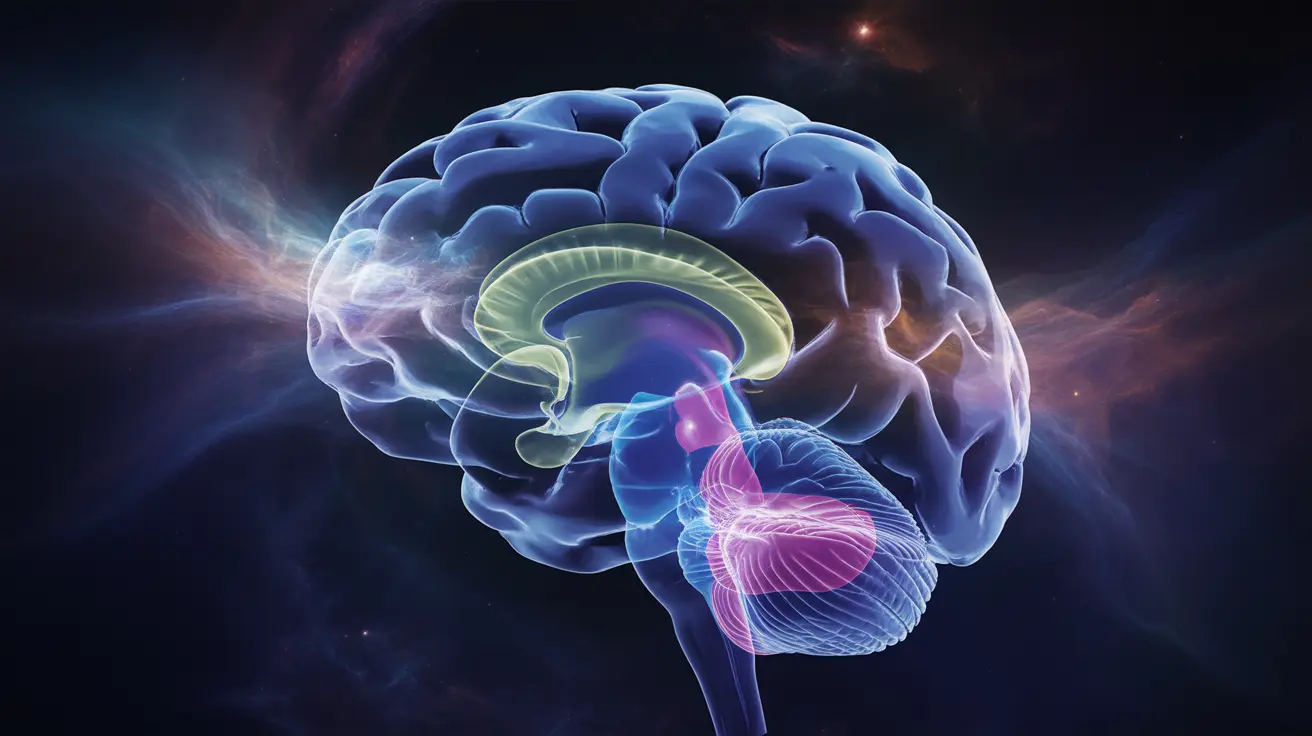Dreams have fascinated humans for millennia, prompting questions about their reality, significance, and potential impact on our waking lives. While everyone experiences dreams, the scientific community continues to debate their true purpose and meaning in our lives. Understanding whether dreams are "real" requires exploring both their biological basis and psychological significance.
The Science Behind Dreams
Dreams occur primarily during REM (Rapid Eye Movement) sleep, when our brains are highly active and processing information from our daily experiences. During this state, various brain regions work together, creating vivid mental experiences that can feel remarkably real while we're experiencing them.
Brain Activity During Dreams
Neuroscientific research has shown that during dreams, the brain's emotional and memory centers are particularly active, while the logical, reasoning parts of the brain are less engaged. This explains why dreams can feel intensely real and emotional, yet often defy logical explanation.
Psychological Perspectives on Dream Meaning
Modern psychology takes a more nuanced approach to dream interpretation than historical figures like Freud and Jung, while still acknowledging that dreams may serve important psychological functions.
Modern Dream Theory
Contemporary researchers suggest that dreams may help process emotions, consolidate memories, and work through unresolved conflicts. Rather than having fixed symbolic meanings, dreams are now understood as reflections of our individual experiences, concerns, and emotional states.
Common Dream Themes and Their Significance
While dreams are highly personal, certain themes appear across cultures and individuals. These common dreams often reflect universal human experiences and concerns:
- Being chased or pursued
- Falling
- Being unprepared for an important event
- Flying
- Losing teeth
These recurring themes may represent underlying anxieties, desires, or life transitions, though their specific meaning varies by individual context.
The Role of Dreams in Mental Health
Dreams can serve as valuable indicators of our psychological well-being. Changes in dream patterns or content may reflect shifts in mental health, stress levels, or emotional processing. However, it's important to consider dreams as one of many factors in understanding mental health, rather than definitive diagnostic tools.
Frequently Asked Questions
Do dreams have real meaning, or are they just random brain activity?
Dreams reflect both neurological processes and psychological significance. While they stem from real brain activity, their content can provide meaningful insights into our emotions, experiences, and concerns. However, they shouldn't be interpreted as literal messages or predictions.
Why do I keep having the same dreams over and over, and what do recurring dreams mean?
Recurring dreams often indicate unresolved issues or persistent concerns in your life. These dreams may continue until you address the underlying emotional or practical matters they represent. Working with a mental health professional can help understand and resolve these patterns.
Can dreams tell me something about my mental health or emotional state?
Yes, dreams can reflect your current mental health and emotional well-being. Changes in dream patterns or particularly distressing dreams might indicate increased stress, anxiety, or other psychological challenges that deserve attention.
What are the most common dream themes and what might they say about me?
Common dream themes often reflect universal human experiences and concerns. For example, dreams of being chased might indicate avoiding something in your life, while flying dreams could represent feelings of freedom or control. However, personal context is crucial for meaningful interpretation.
How do experts like Freud and Jung interpret dreams, and which theories are most accepted today?
While Freud and Jung viewed dreams as windows into the unconscious mind, modern dream research takes a more balanced approach. Contemporary theories emphasize dreams' role in emotional processing and memory consolidation, rather than fixed symbolic interpretations. Today's experts generally favor a more individualized approach to dream interpretation.




